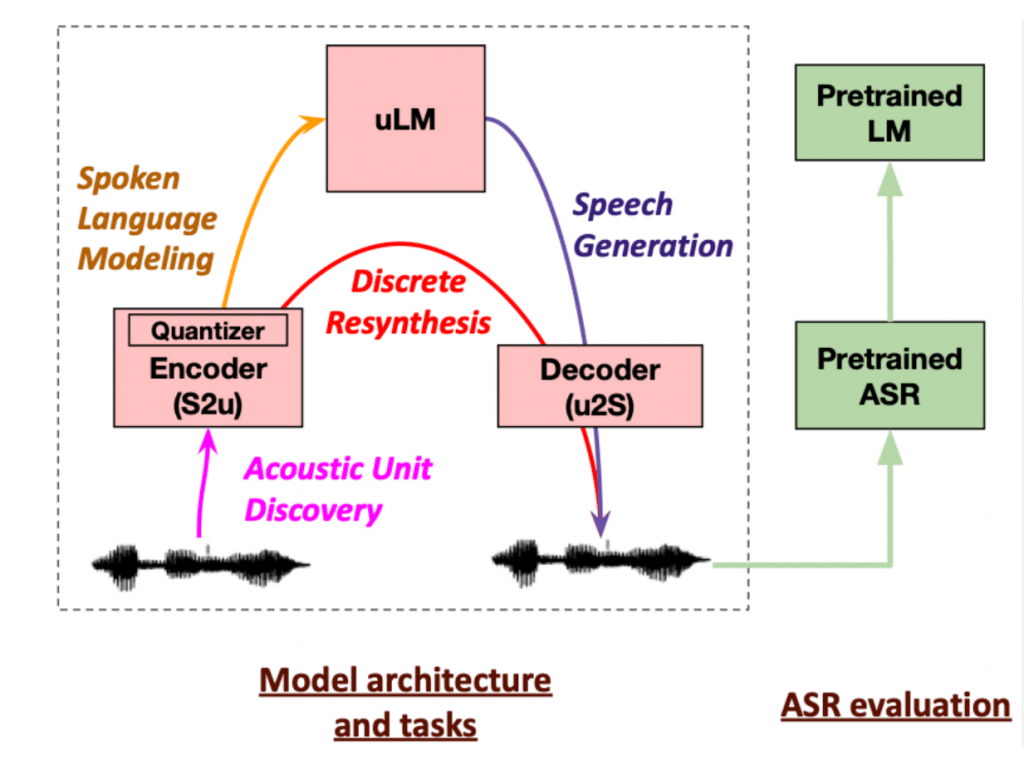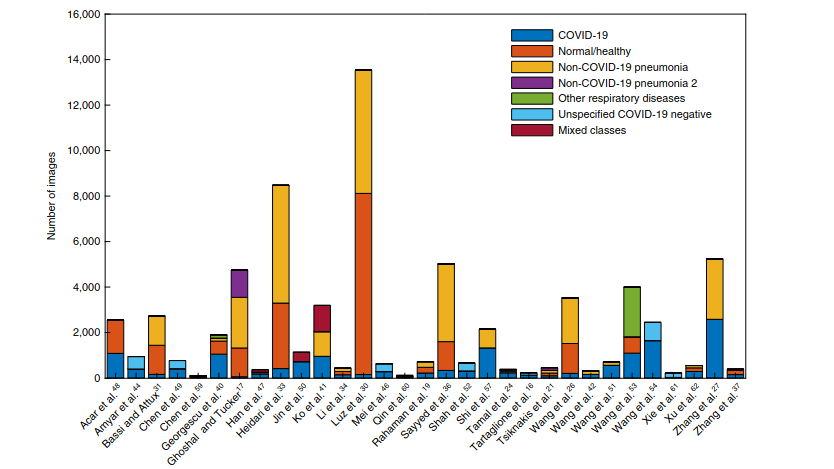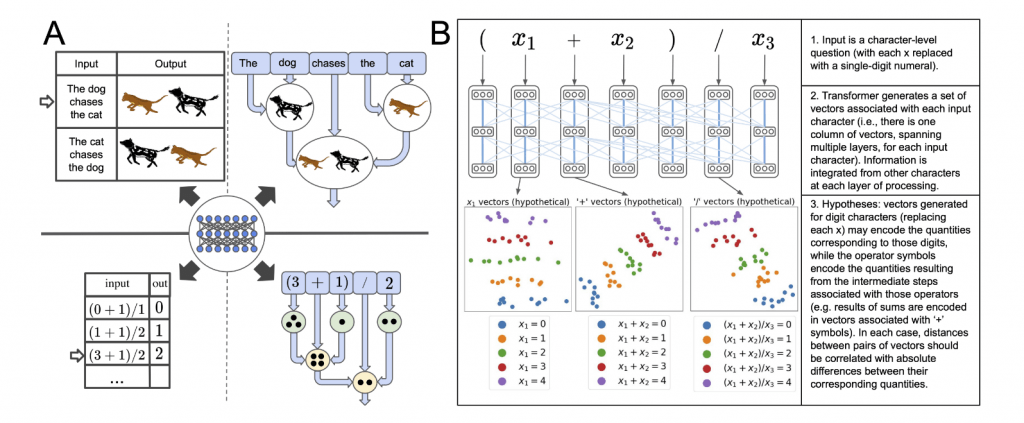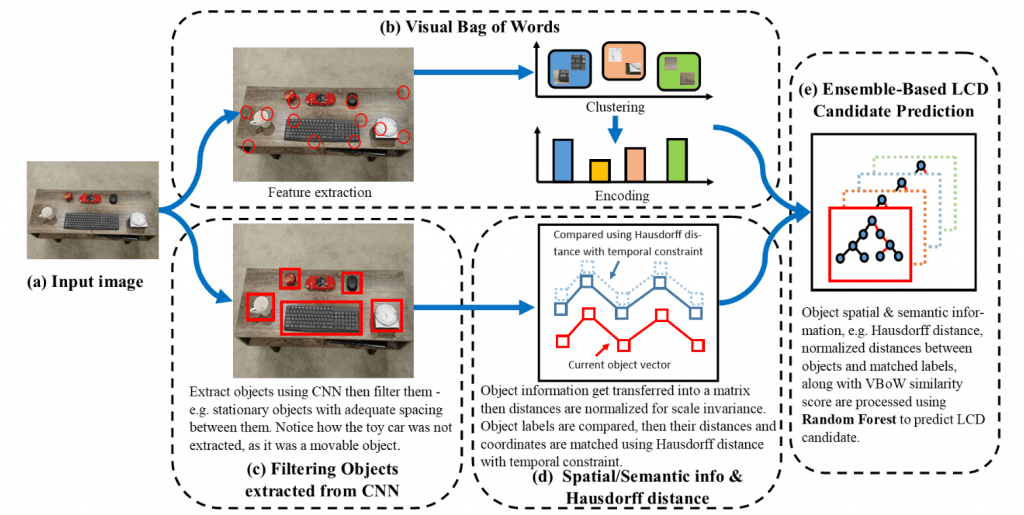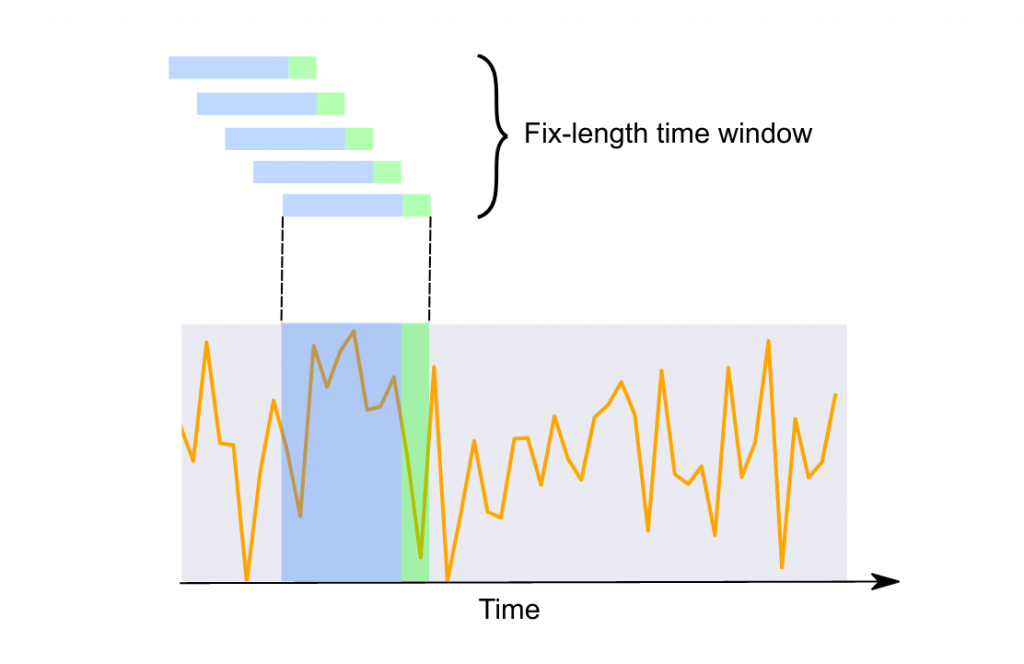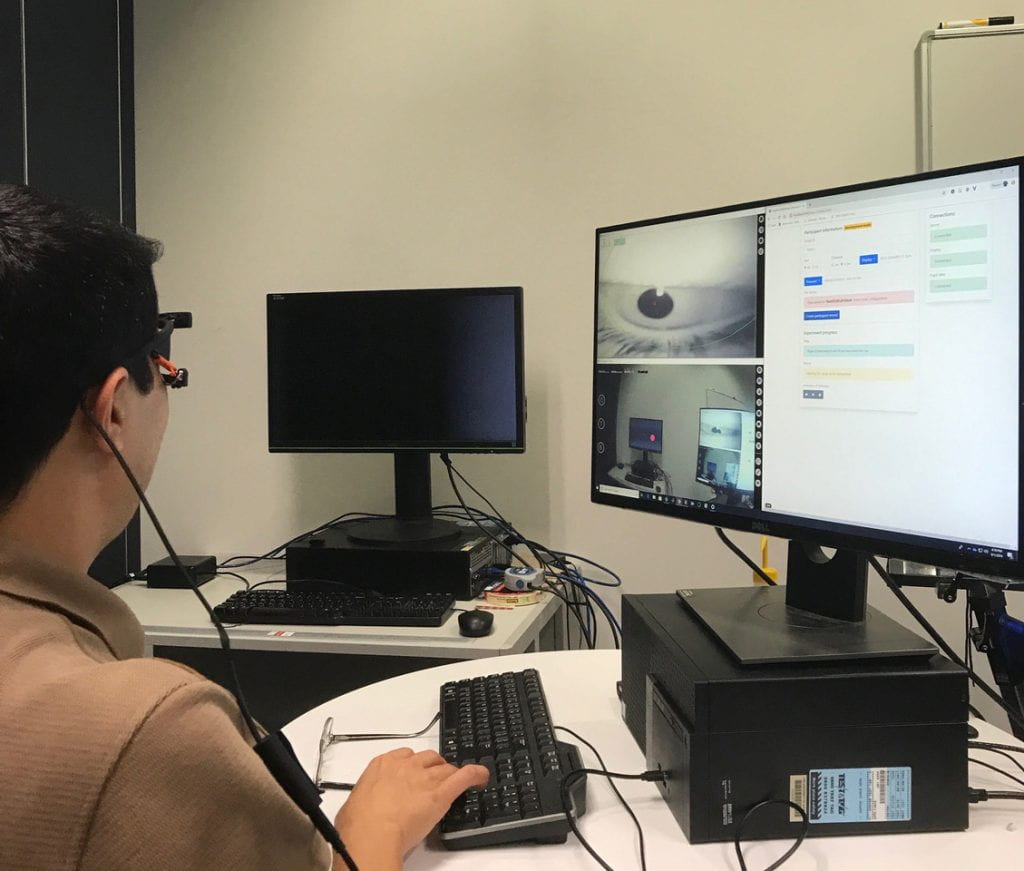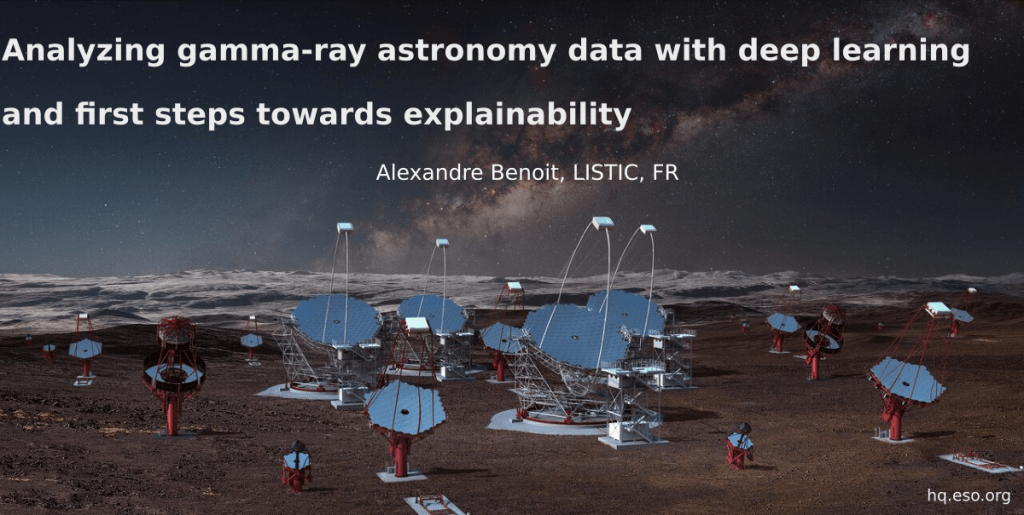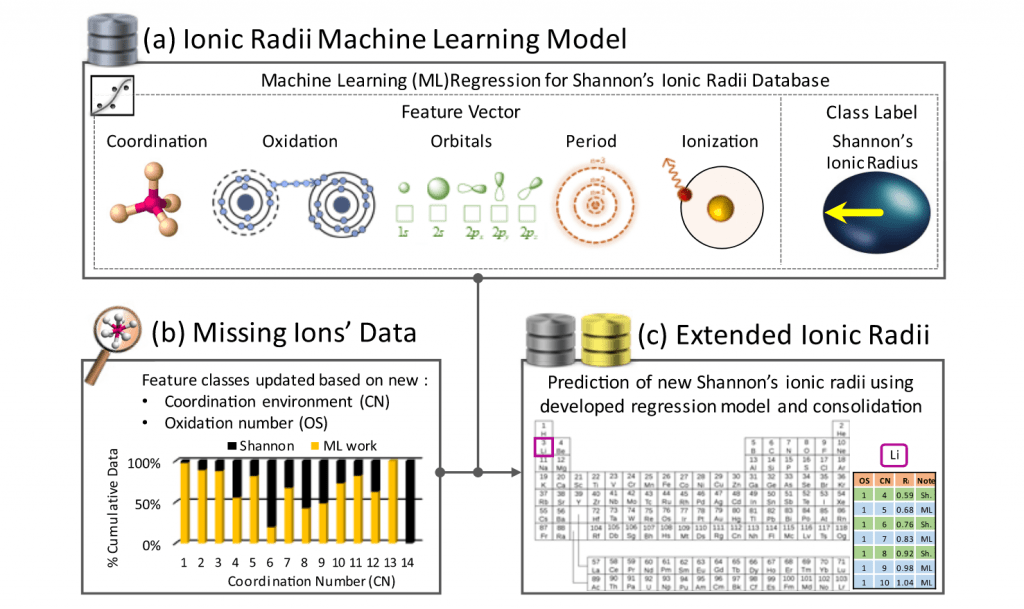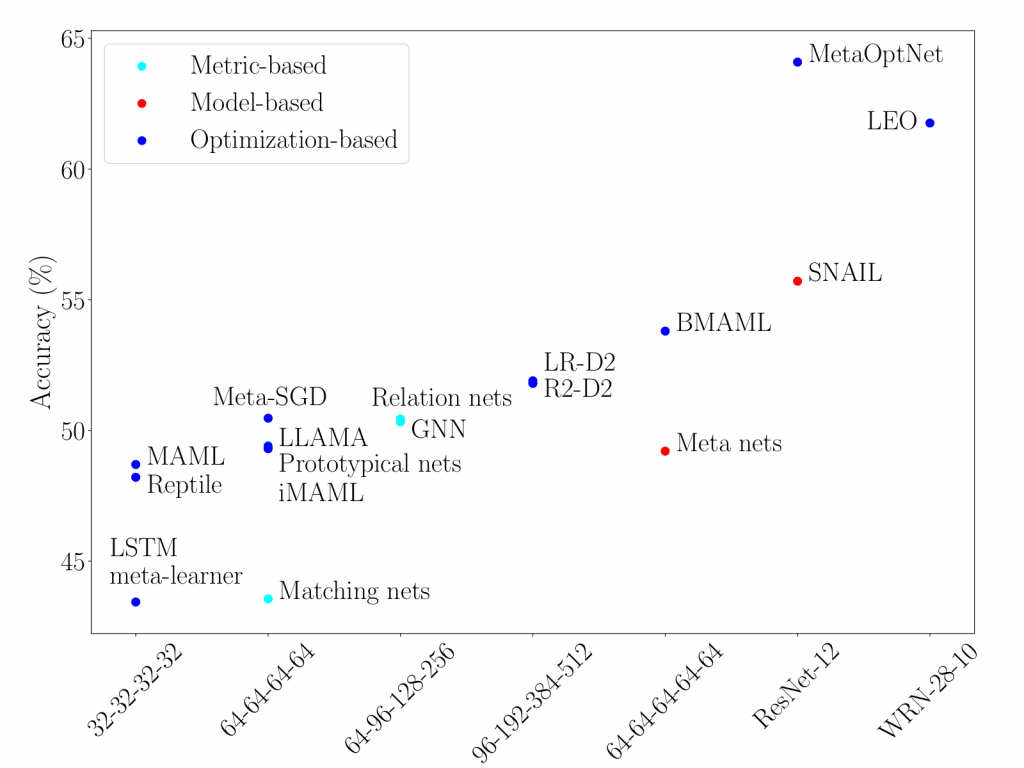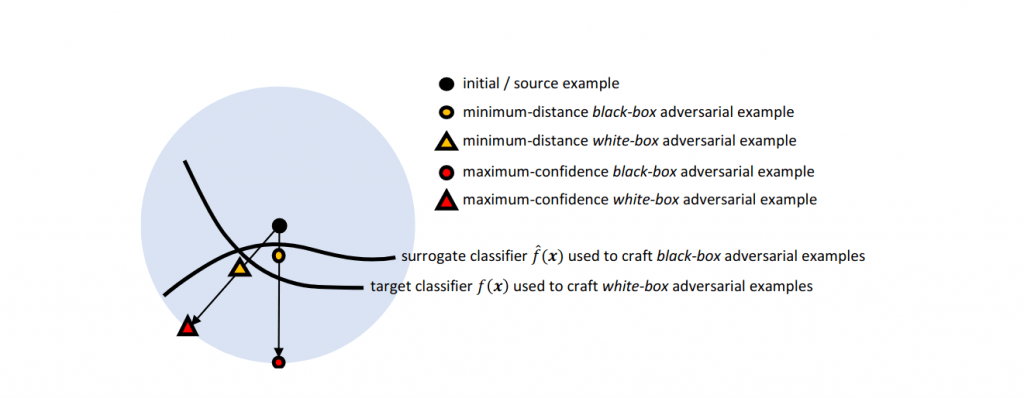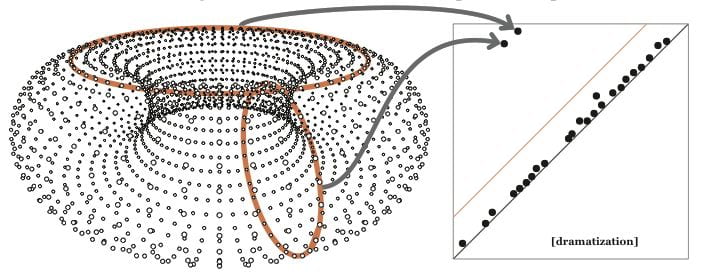
News
AI Reading Group on Sep 30 2021: Generative Spoken Language Modeling from Raw Audio
Where and when: Thursday, Sep 30 at 2-3pm in Google Meet (see the calendar invite for the link) Abstract We introduce Generative Spoken Language Modeling, the task of learning the acoustic and linguistic characteristics of a language from raw audio (no text, no...
Machine Learning Seminar by Mengjie Zhang – Evolutionary Machine Learning: Research, Applications and Challenges
Short Bio Mengjie Zhang is a Fellow of Royal Society of New Zealand, a Fellow of IEEE, an IEEE Distinguished Lecturer, currently Professor of Computer Science at Victoria University of Wellington, where he heads the...
ML Student Seminar on Sep 23 2021: Machine learning application in thin-walled structures
Where and when: Thursday, Sep 23 at 2-3pm in Google Meets (see the calendar invitation for the link) Speaker: Arthur (Zhiyuan) Fang, supervised by Dr. Krishanu Roy and Dr. James Lim in the Department of Civil and Environmental Engineering Abstract: Structural...
ML Student Seminar on Sep 9 2021: Machine Learning in Julia
Where and when: Thursday, Sep 9 at 2-3pm in 303S-561 Speaker: Anthony Blaom, https://ablaom.github.io Abstract: Julia is a young but mature programming language which allows one to write fast code fast. Over a two year period, we have developed a Julia toolbox,...
AI Reading Group on Sep 2 2021: Common pitfalls and recommendations for using machine learning to detect and prognosticate for COVID-19 using chest radiographs and CT scans
Where and when: Thursday, Sep 2 at 2-3pm in 303S-561 Abstract Machine learning methods offer great promise for fast and accurate detection and prognostication of coronavirus disease 2019 (COVID-19) from standard-of-care chest radiographs (CXR) and chest computed...
ML Student Seminar on Aug 26 2021: Hitting the Target: Stopping Criteria for Active Learning
Where and when: Thursday, Aug 26 at 2-3pm in 303S-561 Speaker: Zac Pullar-Strecker, B.Sc. Student and Research Assistant (for Joerg Wicker) Abstract: Training modern ML models frequently requires large datasets which are expensive and time-consuming to collect....
AI Reading Group on Aug 19 2021: Tabular Data: Deep Learning is Not All You Need
Where and when: Thursday, Aug 19 at 2-3pm in 303S-561 Abstract A key element of AutoML systems is setting the types of models that will be used for each type of task. For classification and regression problems with tabular data, the use of tree ensemble models...
ML Student Seminar on Aug 12 2021: Reinforcement Learning Control for Vapour Compression Refrigeration System
Where and when: Thursday, Aug 12 at 2-3pm in 303S-561 Speaker: Tech Logg Ding, Ph.D. student, Department of Mechanical Engineering Abstract: Refrigeration systems are essential for various cooling applications in modern society. The majority of the refrigeration...
AI Reading Group on Aug 5 2021: Compositional Processing Emerges in Neural Networks Solving Math Problems
Where and when: Thursday, Aug 5 at 2-3pm in 303S-561 Abstract A longstanding question in cognitive science concerns the learning mechanisms underlying compositionality in human cognition. Humans can infer the structured relationships (e.g., grammatical rules)...
ML Student Seminar on July 29 2021: SymbioLCD: Ensemble-Based Loop Closure Detection using CNN-Extracted Objects and Visual Bag-of-Words
Where and when: Thursday, July 29 at 2-3pm in 303S-561 Speaker: Jonathan Kim, PhD student, supervised by Pat Riddle and Joerg Wicker Abstract: Loop closure detection is an essential tool of Simultaneous Localization and Mapping (SLAM) to minimize drift in its...
AI Reading Group on July 22 2021: Deep Transformer Models for Time Series Forecasting: The Influenza Prevalence Case
Where and when: Thursday, July 22 at 2-3pm in 303S-561 Abstract In this paper, we present a new approach to time series forecasting. Time series data are prevalent in many scientific and engineering disciplines. Time series forecasting is a crucial task in modeling...
ML Student Seminar on July 15 2021: Machine Learning for Detecting Vision Problem in Young Children
Where and when: Thursday, July 15 at 2-3pm in 303S-561 Speakers: Jason Turuwhenua is a Senior Research Fellow and Principal Investigator for the Eye Health and Diagnostics Lab at the Auckland Bioengineering Institute. Jason is interested in the application of...
Machine Learning Seminar by Dr. Alexandre Benoit – Analyzing gamma-ray astronomy data with deep learning and first steps towards explainability
Short Bio Alexandre received PhD degree in electronics and computer science from the University of Grenoble, INP in 2007 (France). Starting 2008, he has been an associate professor at Université Savoie Mont Blanc at LISTIC lab....
AI Reading Group on July 8 2021: Extending Shannon’s ionic radii database using machine learning
Where and when: Thursday, July 8 at 2-3pm in 303S-561 Abstract In computational material design, ionic radius is one of the most important physical parameters used to predict material properties. Motivated by the progress in computational materials science and...
ML Student Seminar on July 1 2021: Text Generation from Table Data and Background Knowledge
Where and when: Thursday, July 1 at 2-3pm in 303S-561 Speaker: Qianqian Qi (Beryl), PhD student, supervised by Michael Witbrock and Jiamou Liu Abstract: Controlling text generation according to some specification is an important research area. Semantic...
AI Reading Group on June 24 2021: SuperGlue: Learning Feature Matching with Graph Neural Networks
Where and when: Thursday, June 24 at 2-3pm in 303S-561 Abstract This paper introduces SuperGlue, a neural network that matches two sets of local features by jointly finding correspondences and rejecting non-matchable points. Assignments are estimated by solving a...
ML Student Seminar on June 17 2021: Defining Explainability Via Mental Models
Where and when: Thursday, June 17 at 2-3pm in 303S-561 Speaker: Mike Merry, PhD student, supervised by Pat Riddle, and Jim Warren Abstract: Wide-ranging concerns exist regarding the use of black-box artificial intelligence (AI) in sensitive contexts. Despite...
Machine Learning Seminar by Jan N. van Rijn – Automating the Data Science Pipeline: AutoML, Meta-learning and OpenML
RSVP If you want to join us for this seminar, please leave your name and email below and indicate if you plan to join on campus or via Zoom.
AI Reading Group 06/10/21: Why Do Adversarial Attacks Transfer? Explaining Transferability of Evasion and Poisoning Attacks
Where and when: Thursday, June 10 at 2-3pm in 303S-561 Transferability captures the ability of an attack against a machine-learning model to be effective against a different, potentially unknown, model. Empirical evidence for transferability has been shown in...
ML Student Seminar June 3 2021: Data has shape and shape has meaning
Where and when: Thursday, June 3 at 2-3pm in 303S-561 Speaker: Neset Tan, PhD student, supervised by Mark Gahegan and Michael Witbrock Abstract: Geometric and topological tools can be effective for understanding complex data. Topological data analysis is a young...

